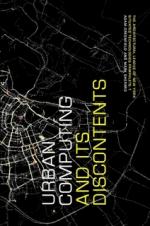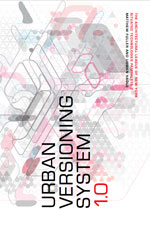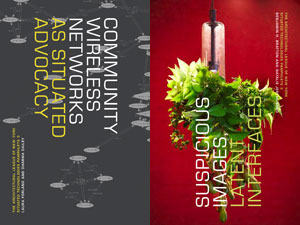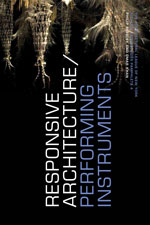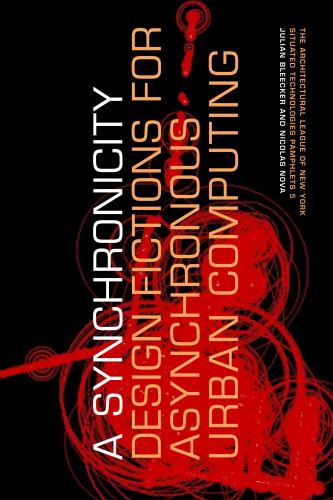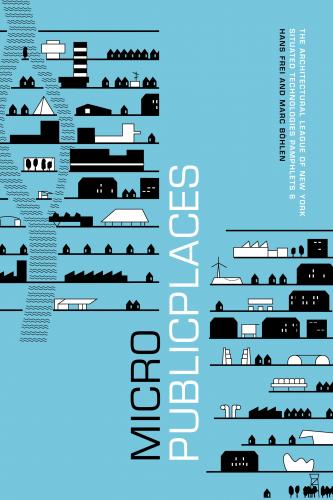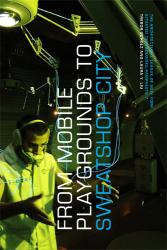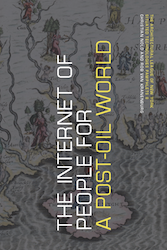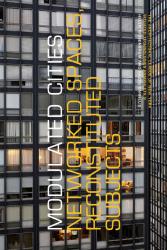The Situated Technologies Pamphlet Series extends a discourse initiated in the summer of 2006 by a three-month-long discussion on the Institute for Distributed Creativity (iDC) mailing list, which culminated in the Architecture and Situated Technologies symposium at the Urban Center and Eyebeam in New York that October, co-produced by the Center for Virtual Architecture, the Architectural League of New York, and the iDC.
The series aims to explore the implications of ubiquitous computing for architecture and urbanism: How are our experience of the city and the choices we make in it affected by mobile communications, pervasive media, ambient informatics, and other “situated” technologies? How will the ability to design increasingly responsive environments alter the ways we conceive of space? What do architects need to know about urban computing, and what do technologists need to know about cities? How are these issues themselves situated within larger social, cultural, environmental, and political concerns?
Published three times a year over three years, the series is structured as a succession of nine “conversations” between researchers, writers and other practitioners of architecture, art, philosophy of technology, comparative media study, performance studies, and engineering. It takes on the urgent and ambitious task of exploring the implications of emerging technologies and their intersection with daily life.
Such a rapid insertion of texts into discourse is rarely witnessed within the context of traditional US publishing, which often requires years to go from manuscript to distribution of the printed book. We feel strongly that the discussion about Situated Technologies cannot be postponed that long. At the same time, we acknowledge that the subject is itself a moving target, as these technologies continue to evolve rapidly. Given these considerations, we’ve opted to publish the series using Print On Demand (POD) technology. Widely used but still little known, this publishing technique allows fast turnaround of books that can be ordered through online bookstores and are indistinguishable from many books in your bookshelf.
Omar Khan, Trebor Scholz, Mark Shepard

